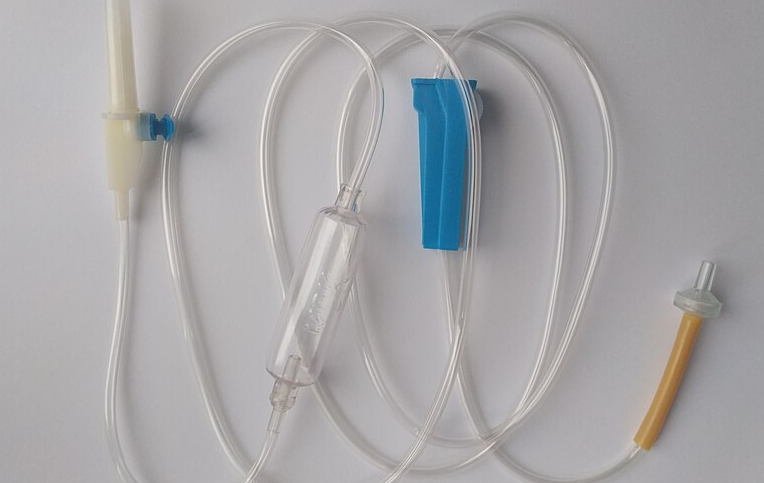As the presidential election season intensifies, there is growing concern over the impact of political stress on eating habits. Nutritionists warn that the heightened emotions and anxiety associated with political events could lead to an increase in emotional eating, a coping mechanism that can have detrimental effects on physical and mental health.
- Political Stress and Emotional Eating: Heightened emotions during the election season can trigger emotional eating, leading to unhealthy dietary habits.
- Negative Health Effects: Emotional eating, often involving high-sugar and high-fat comfort foods, can result in weight gain and other physical and mental health concerns.
- Coping Strategies: Nutritionists recommend stress-reducing activities like exercise, meditation, and mindful eating to manage emotional eating.
- Healthier Lifestyle Focus: Maintaining a balanced diet with nutrient-rich foods, staying hydrated, and seeking professional support can help mitigate stress and foster well-being.
Emotional eating is characterized by the consumption of food in response to emotions rather than hunger. It often involves cravings for comfort foods high in sugar and fat, which can temporarily alleviate stress but may contribute to weight gain and other health issues in the long run. Experts from various health and wellness publications have highlighted the correlation between political stress and changes in eating patterns, urging individuals to be mindful of their dietary habits during this period.
The current political climate, marked by intense debates and divisive rhetoric, can be overwhelming for many individuals. This stress can trigger emotional eating as people seek solace in food. While indulging in comfort foods occasionally is normal, relying on them as a primary stress management tool can lead to adverse health outcomes.
Nutritionists recommend several strategies to manage emotional eating during politically charged times. They emphasize the importance of recognizing emotional triggers and distinguishing between physical hunger and emotional cravings. Keeping a food journal can help individuals track their eating patterns and identify situations that lead to emotional eating.
Additionally, incorporating stress-reducing activities into daily routines, such as exercise, meditation, or yoga, can provide healthier alternatives to cope with anxiety. These activities not only help reduce stress but also promote overall well-being, making them effective tools in combating emotional eating.
Maintaining a balanced diet is also crucial. Nutritionists advise focusing on whole foods rich in nutrients, such as fruits, vegetables, lean proteins, and whole grains, which can help stabilize mood and reduce cravings for unhealthy snacks. Staying hydrated and ensuring adequate sleep are also essential components of a healthy lifestyle that can mitigate stress and prevent emotional eating.
For those struggling with emotional eating, seeking support from healthcare professionals or joining support groups can provide valuable guidance and encouragement. These resources can help individuals develop healthier coping mechanisms and foster a supportive environment for making positive lifestyle changes.
As the election season progresses, it is important to remain aware of the potential impact of political stress on eating habits. By adopting mindful eating practices and proactive stress management strategies, individuals can navigate this challenging period while maintaining their health and well-being.





